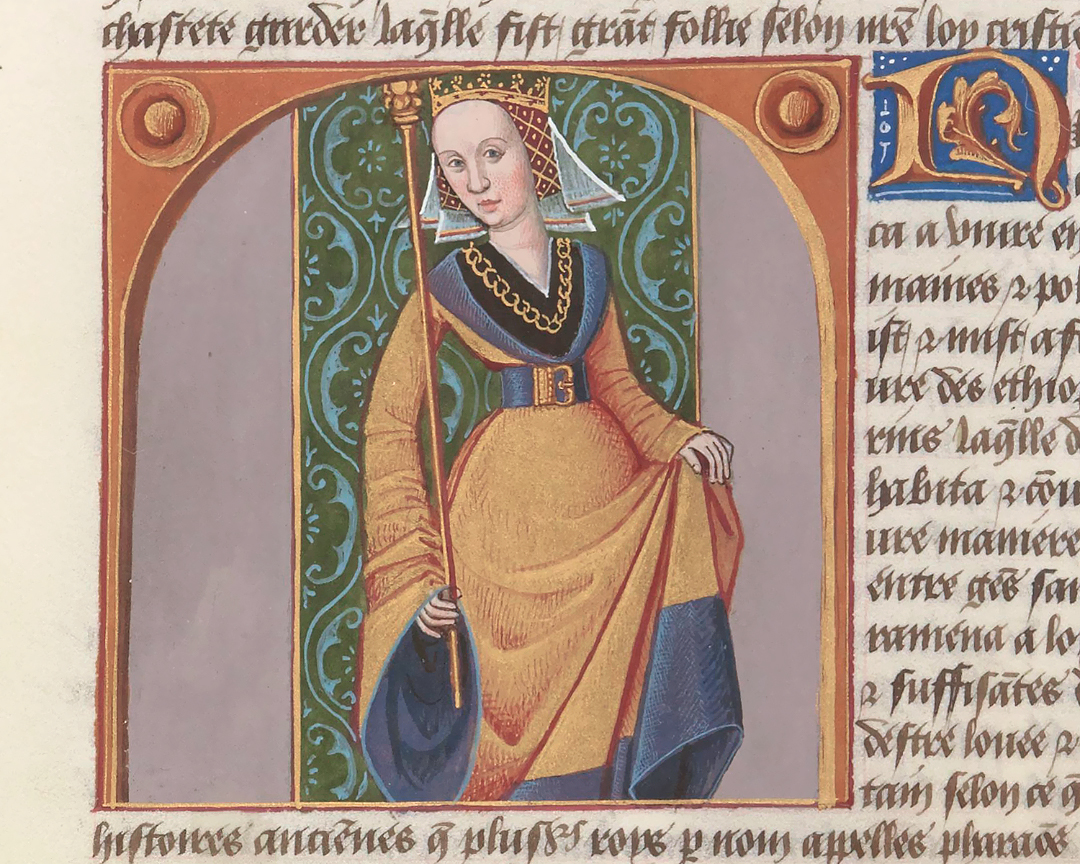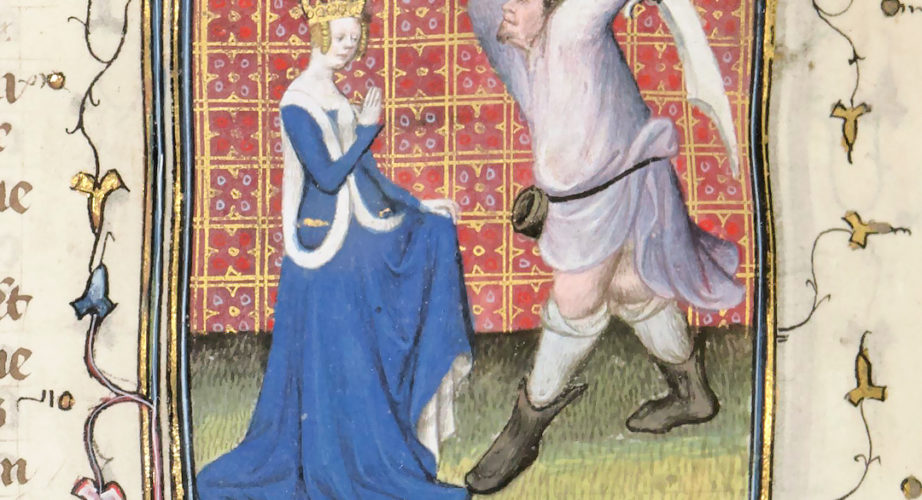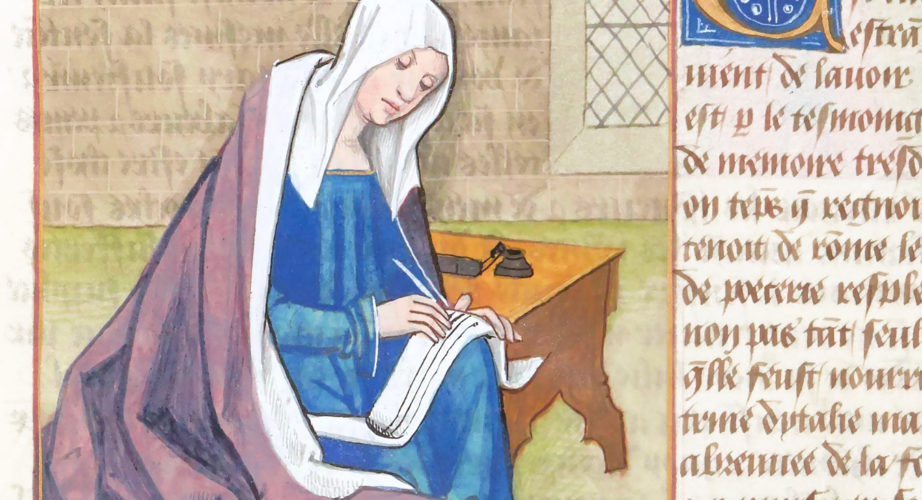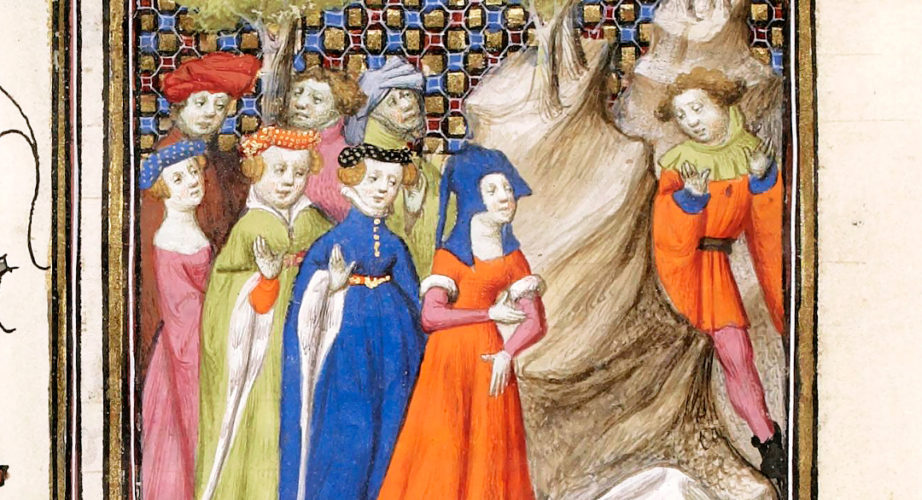Nicaula

This week’s Women’s Wednesday is dedicated to Nicaula, better known as the Queen of Sheba - the ancient kingdom located in modern-day Eritrea, Ethiopia, and Yemen.
Found in several writings under different appellatives, including Maqueda and Bilquis, the name Nicaula was chosen by Boccaccio following a 1st century account by the Jewish historian Josephus. The queen was first introduced in the Old Testament, followed by the Qur’an, as a prominent guest to King Solomon’s court. She would often visit him out of curiosity, fascinated by his intellect, wisdom and virtues; her many visits to the court and the mutual respect between the two often led to discussions regarding the nature of their relationship, doubts that would never find any kind of confirmation.
Woman of great intellect, morality, and wealth, she would often be demonized by historical writers, who would accuse her of murdering the men of her life in order to steal their possessions and enrich herself. Boccaccio, unlike others, speaks highly of Nicaula in the De Mulieribus Claris, stating that this figure of wisdom and faith never succumbed to idleness or feminine lust, remaining a woman of great moral superiority.
“Nicaula”, illumination from the manuscript “De Mulieribus Claris”, decorated by Robinet Testard, ms. Français 599, f. 39v, 1488-1496, Bibliothèque Nationale de France, Département des Manuscrits, Paris.
Historically and mythologically speaking, being in a powerful position (and perhaps also a…
The time has finally come for the very first Women’s Wednesday of 2021!…
Welcome back to another Women’s Wednesday! Our weekly Mulier Clara, much like Sappho…


